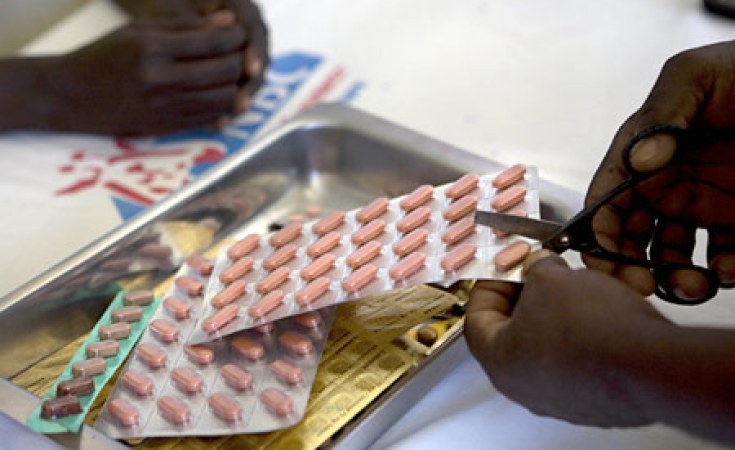The University of Zimbabwe Clinical Trials Research Centre (UZ-CTRC) has launched a research programme for a treatment regimen that can protect families of people with multi-drug resistant tuberculosis.
The research programme, which is being carried out with support from the Advancing Clinical Therapeutics Globally formerly the Aids Clinical Trials Group, is recruiting contacts of multi drug-resistant TB patients who will undergo trials to find the right TB preventive therapies that can effectively prevent multi drug-resistant TB.
Drug-resistant tuberculosis is a form of antimicrobial resistance that is difficult and costly to treat. It is caused by TB bacteria that are resistant to at least one of the existing first-line TB medications, resulting in fewer treatment options and increasing mortality rates.
Multi drug-resistant TB is caused by an organism that is resistant to both isoniazid and rifampin, the two most potent TB drugs used to treat all persons with TB disease.
Zimbabwe is listed among the top ten countries with high rates of TB and HIV co-infection as well as multi drug-resistant TB.
UZ-CTRC community advisory board member Mr Stanford Chimutimunzeve said it was important to find a way to prevent multi drug-resistant TB among contacts as it was more devastating and associated with more costs than the ordinary pulmonary TB.
"The UZ-CTRC is conducting research to try and control multi drug-resistant TB and to protect contacts of those patients with multi drug-resistant TB.
"Our job is to identify people who have multi drug-resistant TB so that they can join the programme, which is currently running.
"In this programme, they use different medications which are aimed at preventing multi drug-resistant TB among contacts.
"The research is ongoing and will run for more than three years. We are still enrolling so we are still looking for participants to join this research programme," he said.
"Families where we find these multi drug-resistant TB patients usually have children under the age of five who are vulnerable to TB infections and others with underlying conditions like HIV who are also vulnerable. They need to be protected because the severity of multi drug-resistant TB is worse than that of pulmonary TB."
Statistics show that globally, deaths from drug-resistant tuberculosis account for about one-third of all antimicrobial resistance deaths worldwide. Over 150 000 cases of the resistant strain were detected in 2020.
The World Health Organisation however estimates that Zimbabwe only managed to find about 33 percent of estimated multi drug-resistant cases in 2021, with the rest of the cases missed within the communities.
The WHO Global TB Report of 2022 states that Zimbabwe notified 232 drug resistant TB cases to the TB Programme, which could translate to approximately 928 contacts in that year.
Mr Chimutimunzeve said research was instrumental in the national TB response hence the outcomes of the programme would have positive impact.
"UZ-CTRC has conducted many research programmes on TB that have been successful. It was through their research that we saw the shortening of TB treatment regimens from nine months to four months.
"One of the reasons that was drawing us back in the treatment of TB was adherence owing to the duration of the regimens and the pill burden. When research is done to improve the life of patients it should be commended," he added.
However, he said identifying multi drug-resistant TB patients within the communities to enlist in the programme had been a challenge.
He called on TB survivors who work with TB patients to help them to identify patients who were still within the 90-day window period to enlist for the research.
TB survivor and health promoter Ms Amanda Sambadzai said most multi drug-resistant TB patients had stopped visiting clinics due to stigma and discrimination.
"Multi drug-resistant TB patients used to come to the clinics for their medications but they faced a lot of stigma and discrimination so it was decided that we should do home visits for them. They now get treatment from home and when we go for counselling sessions we do it in their homes to protect them," she said.
People with multi drug-resistant TB face significant economic and social costs with only one in three accessing quality care.


